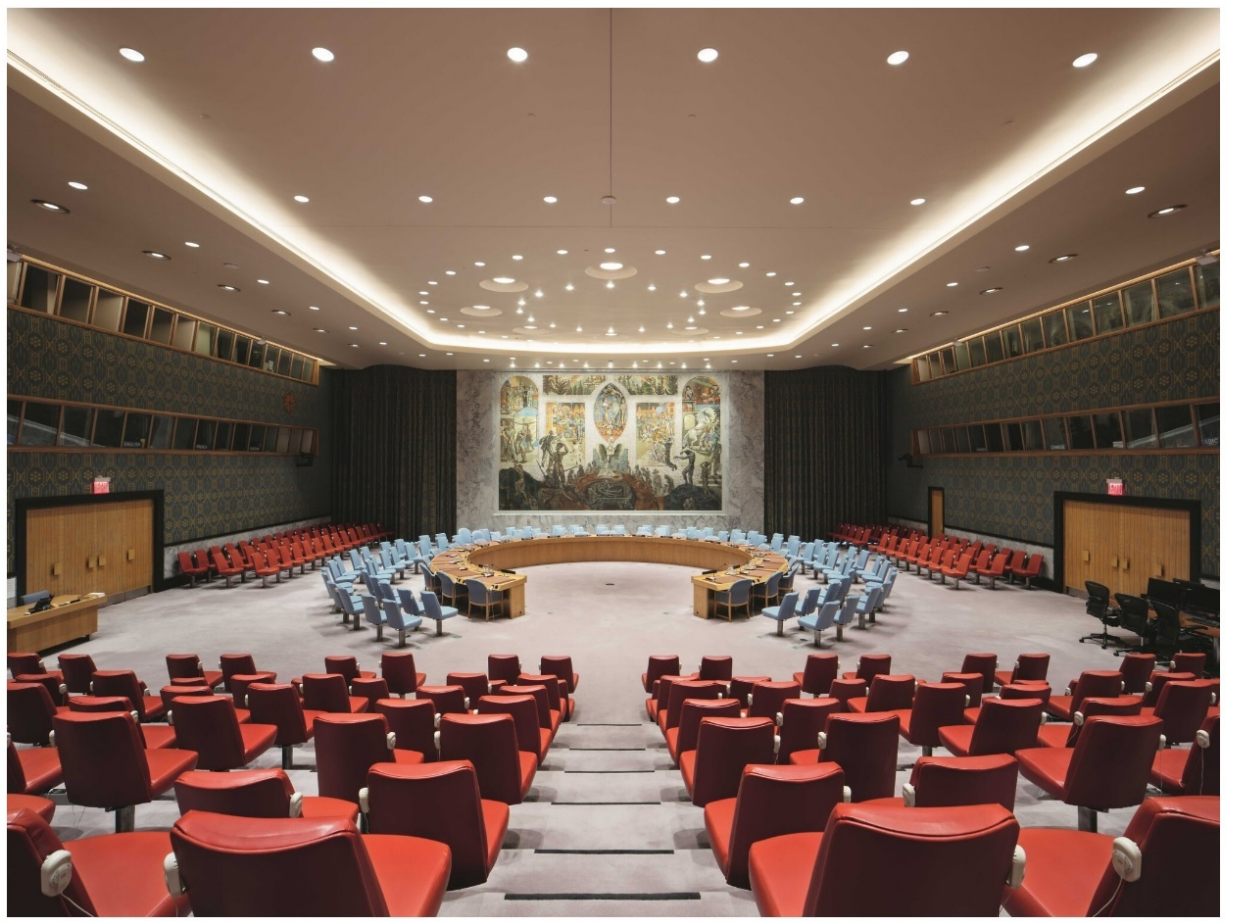Arguments against Harsh Treatment Meted out to Civilians and POWs
1. Article 45 of the 1949 Geneva Convention (IV) on Civilians states that:
• Protected persons can only be transferred by the Detaining Power to a Power that is a party to the Convention.
• The Detaining Power must be satisfied that the transferee Power is willing and able to apply the Convention.
• Any person who has taken part in hostilities, who is not entitled to prisoner-of-war status, and who does not benefit from more favorable treatment in accordance with the Fourth Convention shall have the right at all times to the protection of Article 75 of this Protocol.
• The Detaining Power shall not treat as enemy aliens exclusively on the basis of their nationality de jure of an enemy State, refugees who do not, in fact, enjoy the protection of any government.

- Article 46 of the Fourth Geneva Convention, which is also known as the Geneva Convention relative to the Protection of Civilian Persons in Time of War, covers the cancellation of restrictive measures. The article states that restrictive measures taken regarding protected persons are canceled if they have not been previously withdrawn.
- Article 49 of the Fourth Geneva Convention states that:
- The occupying power shall not deport or transfer parts of its own civilian population into the territory it occupies.
- Individual or mass forcible transfers, as well as deportations of protected persons from occupied territory, are prohibited.
- These prohibitions apply regardless of the motive.
- United Nations General Assembly (UNGA) Resolution 194 (III) was passed on December 11, 1948. The resolution called for:
- Refugees to be allowed to return to their homes and live in peace with their neighbors as soon as possible
- Compensation to be paid for the property of those who choose not to return
- The establishment of the United Nations Conciliation Commission
The resolution was passed by a vote of 35 in favor, 15 against, and 8 abstaining. It called for a right of return for Palestinian refugees.
The right of return is an international law principle that guarantees everyone's right to voluntarily return to their country of origin or citizenship.
- United Nations Security Council Resolution 237 was adopted on June 14, 1967. The resolution called on the government of Israel to:
- Ensure the safety and welfare of the inhabitants of areas where military operations had taken place
- Facilitate the return of inhabitants who had fled
- Respect the Geneva conventions
- Observe international humanitarian principles in the treatment of prisoners of war and civilians in occupied areas
The resolution was adopted unanimously by the United Nations Security Council. It was adopted after the Six-Day War, in which Israel took control of the Golan Heights, West Bank, Gaza Strip, and Sinai Peninsula.
The resolution considered the urgent need to spare the civil populations and the prisoners of the war in the area of conflict in the Middle East additional sufferings.